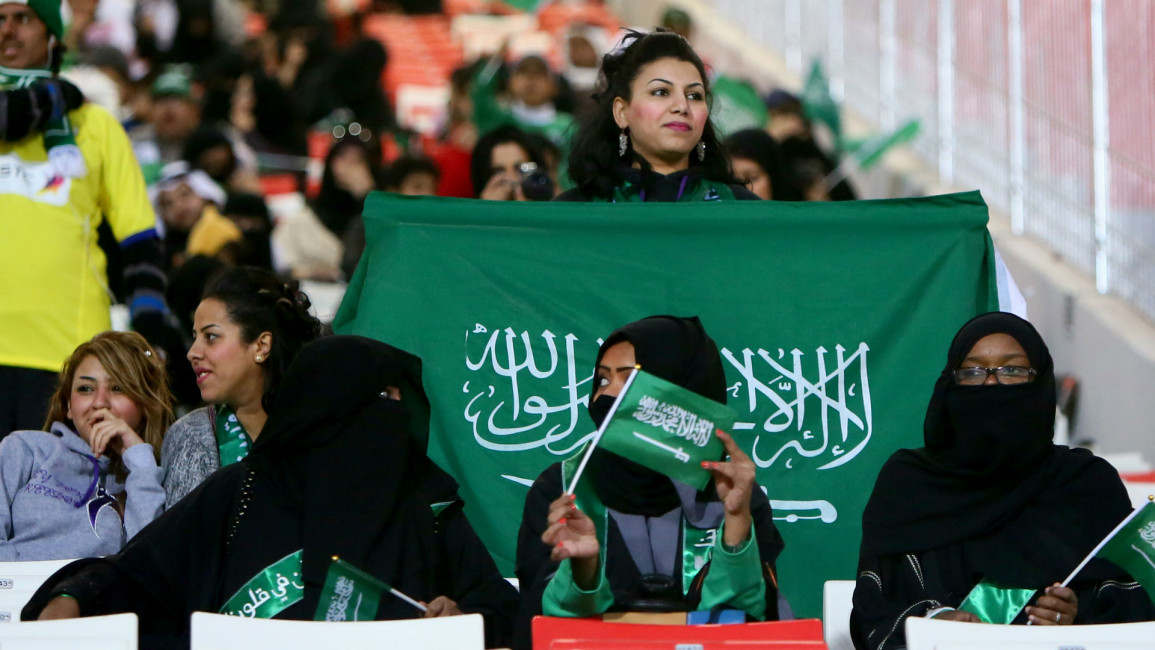
#Trending: Saudi princes: the good, the bad, the ugly
One of the most talked about stories today has been that of a prince who publicly assaulted two people on a football pitch with his 'iqal - the cord worn around the male headdress.
The hashtag, #Prince _beats_citizen_with_Iqal, became the number one worldwide trending topic with more than 21,000 tweets in under 24 hours.
Most of the tweeters demanded that the Saudi king - nicknamed "Decisive Salman" - take action against this as-yet-unidentified prince.
Twitter Post
|
Translation: We hope that King Salman would punish the prince. In the times of Salman, there is no difference between a royal and citizen.
Twitter Post
|
Translation: In the times of Decisive Salman there is no discrimination, and we trust that the offender will be persecuted no matter who he is.
The nickname "Decisive Salman" was chosen by Saudi tweeters in a previous incident also related to sports.
Prince Mamdouh bin Abdul Rahman verbally abused sports writer Adnan Jestiniya on a Saudi TV channel, and the king responded by banning the prince from all sports and media.
Since the attack was not new, many Saudis went as far as demanding the complete exclusion of royalty from football.
Twitter Post
|
Translation: Sport is our only source of enjoyment. Keep the princes out of it.
Yet not all Saudi princes make it into the spotlight for the wrong reasons.
One of the kingdom's thousands of princes has been creatively trying to combat stereotypes about his country.
Prince Fahad Al Saud is one of a generation of software developers trying to end negative views of the Saudis. While his first games have mostly been about camel racing, he's building up to the launch of Saudi Girls' Revolution - a groundbreaking animated series and computer game set in an alternate world.
"In this post-apocalyptic future, women are placed in concentration camps with conservative men ruling the land and controlling resources," he told Polygon magazine at the recent Games for Change festival in New York. "It is the story of the girls breaking out and liberating the Arab empire by replacing its leaders."
Read more about his NA3M initiative here:
Twitter Post
|




